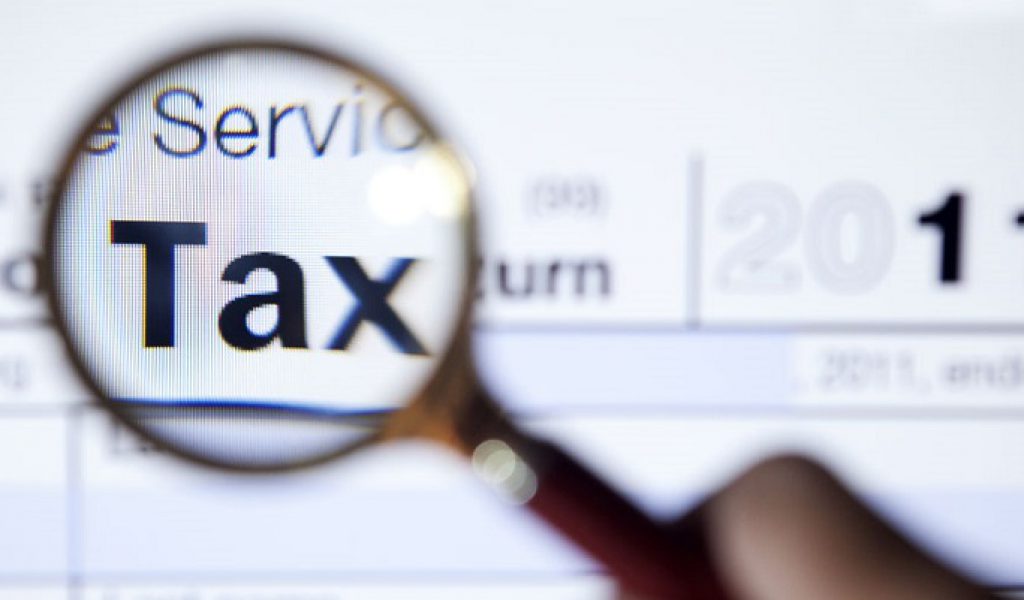Uber drove in the wrong way in New York City
Uber is backpedaling over an accounting error that led to tens of thousands of New York City drivers not getting their full pay for two and a half years.
Uber reportedly discovered the accounting error when it created a new receipt template for New York City drivers, according to The Wall Street Journal, which first reported this story.
The payments are the result of an error Uber said it recently discovered in how it calculated driver earnings. Until this week, Uber applied its “service fee”-typically 25% for UberX rides in New York City-to the gross fare, or the total amount paid by the passenger. But in a terms-of-service agreement dated to November 2014, Uber told drivers it calculated that commission based on the net fare, or the amount paid by the passenger minus sales tax and other applicable fees. Uber told WSJ that it will refund affected New York City drivers an average of $900 each, which includes interest on the loss profit over the past years.









